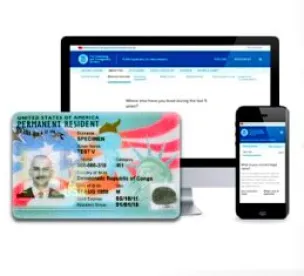On February 8, 2019, the Office of the Citizenship and Immigration Services Ombudsman (Ombudsman’s Office) provided an inside look at its inner workings with the United States Citizenship and Immigration Services (USCIS). Created by section 452, of the Homeland Security Act of 2002, the Ombudsman’s Office assists individuals and employers who need to resolve a problem with USCIS and to make recommendations to fix systemic problems and improve the quality of services provided by USCIS.
USCIS began denying applications for renewals of Advance Parole (AP) documents, over a year ago, if applicants traveled internationally. Although authorized by law, this change in policy was followed by re-filing of thousands of AP renewal applications, emergency AP filings at local USCIS centers and resulted in strain of the USCIS resources.
On Nov. 16, 2018, during Ombudsman’s Office Annual Conference, USCIS Director, L. Francis Cissna confirmed that USCIS will end its practice of denying pending AP applications when applicants travel internationally. This unexpected, yet welcomed change of policy was a result of the collaboration between USCIS and Ombudsman’s Office. The two agencies met numerous times with USCIS to discuss the issues and practical implications associates with AP denials.
To date, the USCIS website indicates that if an individual has an approved AP document while a second one is pending, they may travel on the approved AP document, provided the AP document is valid for the entire duration of the time abroad. In this case, the pending AP extension will not be considered by the USCIS as abandoned.



 />i
/>i

